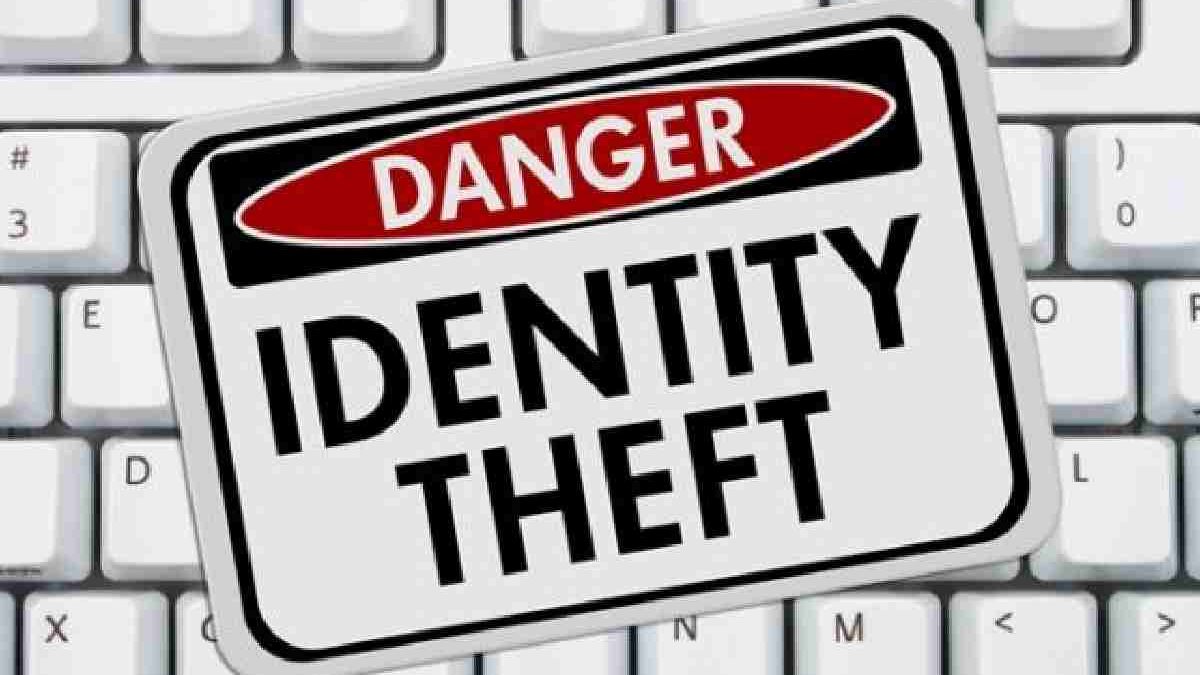Identity Theft
Have you ever stopped to think about identity theft? For many, it’s a familiar term but a vague concept. And though we hear about the financial destruction it can cause for those who experience it, we often dismiss the idea as something that won’t happen to us.
But what if identity theft did happen to you? Where and how would you begin trying to take your life back? Better yet, what if you could take steps now to lessen the likelihood of ever becoming a victim of identity theft in the first place?
Table of Contents
What Is Identity Theft?
In many cases, identity theft means that a criminal obtains enough of your personal details in order to pretend to be you, in turn opening credit card accounts, applying for government benefits in your name and/or making large purchases with zero intent to pay back the charges.
The outcome is that you get stuck with the hassle of trying to prove you didn’t open the accounts, and may spend several months to several years trying to get your credit straightened out. And having derogatory information in your credit file could follow you around for years, ultimately costing you thousands of dollars in higher interest charges.
How Often Does Identity Theft Happen?
According to a recent Consumer Affairs report, the United States saw a 311 percent increase in instances of ransomware attacks between 2019 and 2020, which resulted in $350 million dollars in payouts, while more than 406,000 people reported someone filing a fraudulent government document using their name. Phishing attacks also nearly doubled within the same time frame and saw an 82 percent increase in fraud payouts in the first half of 2021 alone.
With more people working from home and cyber-attacks becoming increasingly more difficult to spot, it’s very likely that instances of identity theft will continue to rise, which puts you at an increased risk of falling victim to identity theft, too.
Can Identity Theft Be Prevented?
While no person or company can 100 percent guarantee to protect you from identify theft, there are a number of steps you can take to lessen the likelihood of falling victim to a scam, including educating yourself about how ransomware and phishing scams try to obtain your personal information, safeguarding your information online and keeping an eye on your credit report.
You’re Not Alone
If all of this sounds a bit overwhelming, there are companies available to help manage many of these tasks on your behalf and take some of the load off your shoulders. Services such as those offered by LifeLock offer credit report monitoring, alerts regarding the use of your Social Security number, security for multiple devices and more. Take advantage of a LifeLock discount code today and receive up to 25 percent off of your first year of identity theft protection. Plus, if the day ever does come where someone does try to steal your identity, LifeLock will be in your corner to help you get your life back on track as quickly as possible.
Don’t Become Another Statistic
Instances of ransomware, phishing and other cyber-security attacks are on the rise. This means that your personal information is more at risk than ever. While it is easy to assume that you’ll never become a victim of identity theft, the question remains: What if you do? You’ve worked hard to create the life you are living, don’t you owe it to yourself to safeguard your identity?

